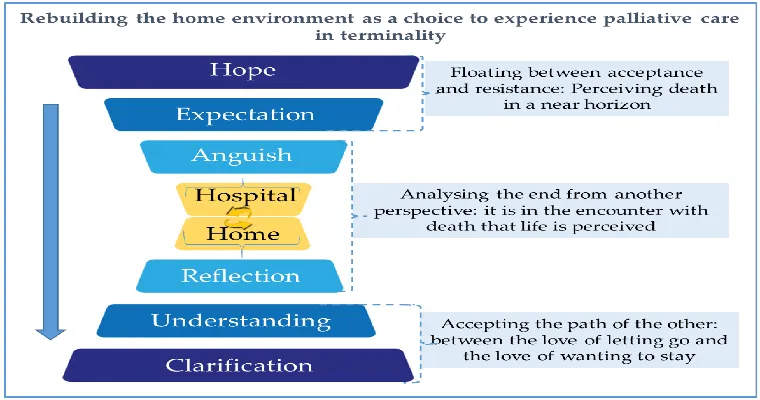When you notice that a "loved one" is exhibiting troubling behavior or seems to be struggling with their emotional or mental health, it can be incredibly difficult, especially if they are unaware of the issue or refuse to acknowledge it. This situation can leave you feeling helpless, frustrated, and unsure of how to approach the matter without causing conflict. Understanding how to navigate these delicate circumstances is crucial for both your well-being and the well-being of your loved one.
Recognize Your Feelings
The first step in addressing this situation is to recognize and validate your own feelings. It is perfectly normal to feel anxious or concerned when someone you care about seems to be in distress. Acknowledging your emotions can help you approach the situation with a clearer mindset and prevent you from reacting impulsively.
Educate Yourself
Take the time to educate yourself about the potential issues your loved one may be facing. This could involve researching common "mental health problems", such as anxiety or depression, or understanding the signs of "substance abuse". By arming yourself with knowledge, you will be better equipped to understand their behavior and provide informed support if the opportunity arises.
Choose the Right Moment
Timing is crucial when it comes to discussing sensitive topics. Look for a moment when your loved one seems relaxed and open to conversation. Avoid bringing it up in stressful situations, as this could lead to defensiveness. A calm and comfortable environment can foster a more productive dialogue.
Use "I" Statements
If the opportunity presents itself and you feel comfortable discussing your concerns, use "I" statements to express your feelings. For example, instead of saying, "You need help," you might say, "I feel worried about you and want to support you." This approach emphasizes your feelings rather than placing blame, which can help reduce defensiveness.
Encourage Professional Help
If your loved one remains dismissive of your concerns, gently encourage them to seek "professional help". You might suggest that they talk to a therapist or counselor, framing it as a way to gain insight or support rather than as a necessity. Emphasizing that seeking help is a sign of strength can help mitigate any stigma they may feel.
Offer Support Without Pressure
Let your loved one know that you are there for them without being overbearing. Offer to accompany them to appointments or assist them in finding resources. It's essential to remain supportive while respecting their autonomy. Sometimes, just knowing that someone cares can make a significant difference.
Establish Boundaries
While it's vital to support your loved one, it's equally essential to establish boundaries to protect your own mental health. If their behavior begins to negatively impact you, recognize that you have the right to prioritize your well-being. Setting boundaries can be challenging but necessary for maintaining a healthy relationship.
Seek Support for Yourself
Dealing with a loved one's denial of their issues can be emotionally draining. Consider seeking support for yourself, whether through friends, family, or professional counseling. Sharing your experiences with others can provide you with valuable perspectives and coping strategies.
Conclusion
When a loved one doesn't believe anything is wrong, it can be a challenging and painful experience. By acknowledging your feelings, educating yourself, and approaching the situation with empathy and understanding, you can create a supportive environment. Remember that while you can offer help and encouragement, the decision to seek change ultimately lies with them. Prioritize your own mental health and seek support when needed, and know that you are not alone in facing this difficult situation.





